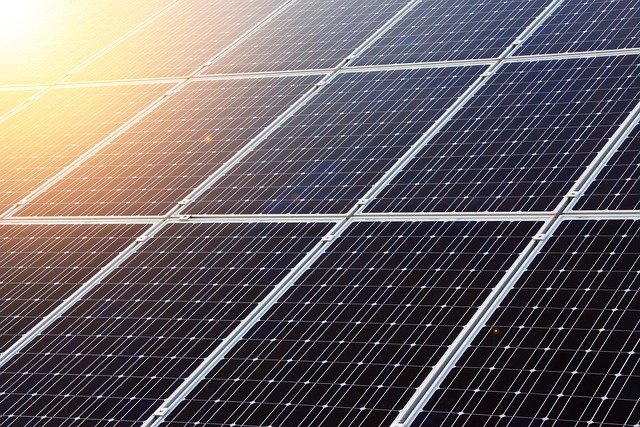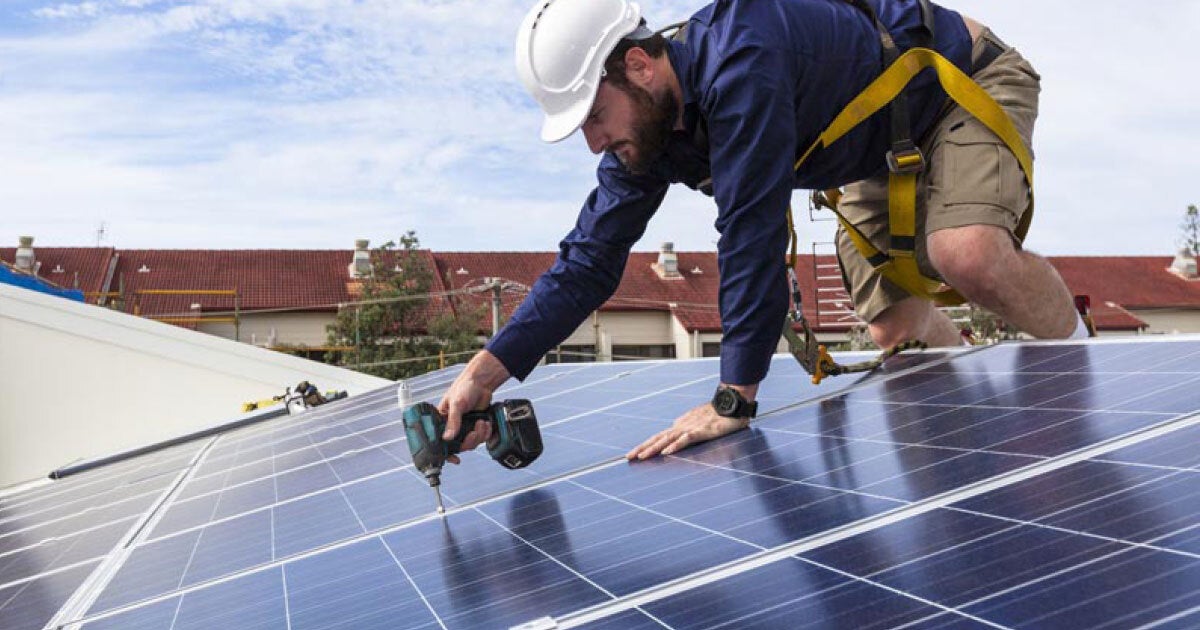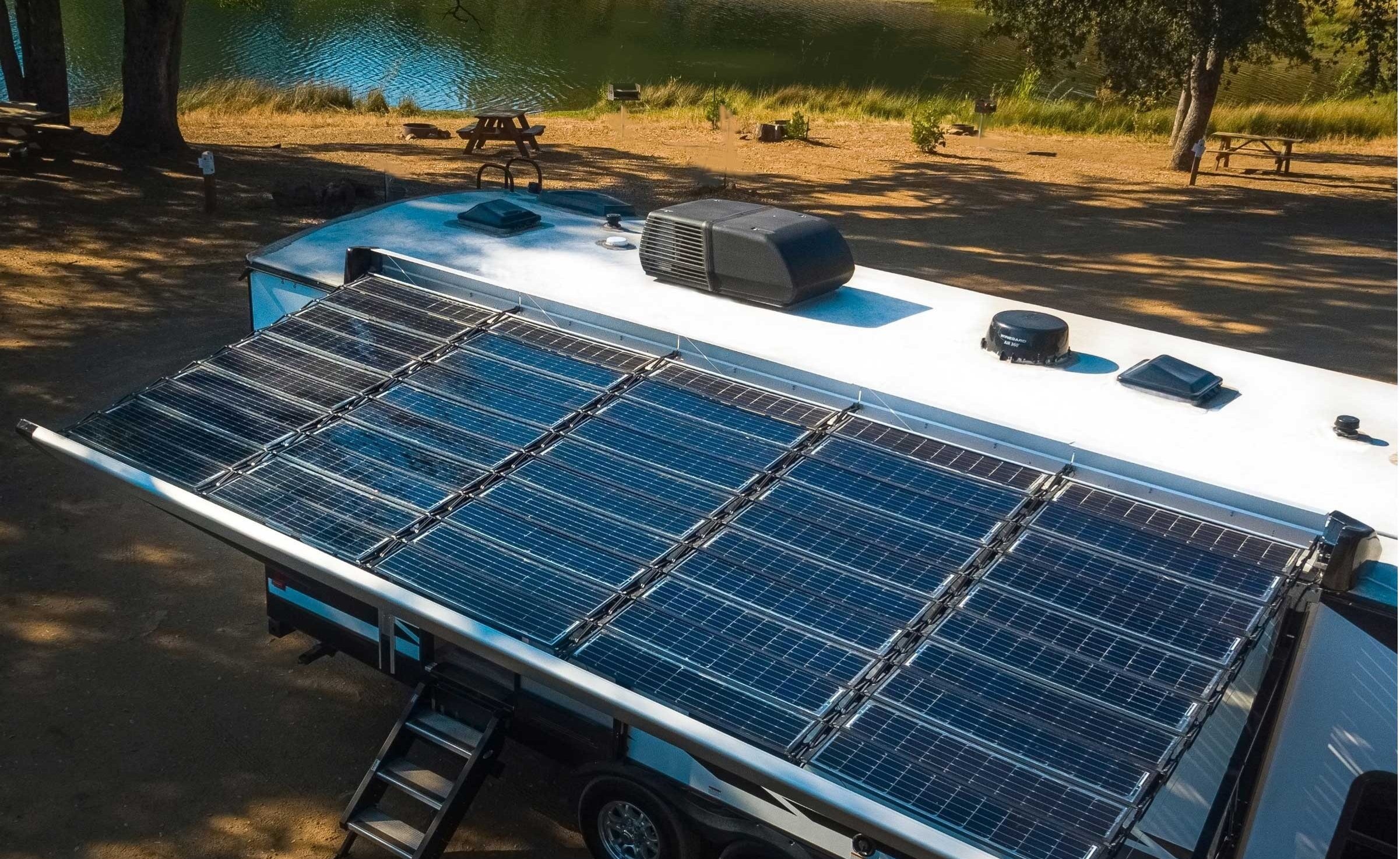
You might be wondering how much it costs to maintain a pool. The cost of the equipment required for maintaining your swimming pool will depend on its type. Most repairs to a swimming pool motor are simple. Pump motors have many moving parts. Failure can cause problems with water circulation, heating, filtering, or heating. The cost of repairing or replacing a pump will range anywhere from $190 to $375.
Skimming is the first step towards pool maintenance
Pool maintenance is incomplete without proper skimming. The water level should be at least half way up the skimmer. This will ensure that any debris is effectively sucked into your skimmer basket. You should also check the level of the water, alkalinity, and hardness, and balance the chemistry with cyanuric acid. You should also regularly test the water for chlorine and other chemicals. Your pool equipment must also be maintained. While hiring a professional is an excellent idea for some tasks, you can do many of them yourself.
A skimmer is an attached mesh net to a long pole. It removes large particles from the pool water that can cause bacterial blooms, or block filters. It's a good idea for pool water to be skimmer every few days. You should also clean the strainer and filter baskets in your pool every week.
Try it out!
A vital step in the maintenance of your pool is to test the water. It is vital to test your water for different elements in order to ensure that it is free from metals. Copper is a common metallic that can buildup in your pool. But you can prevent this by testing your water frequently. Copper can also be found in tap water and can build up in your pool when it evaporates.

There are several types of test strips available, including those for pH, alkalinity, and chlorine. Specialty strips are available to check for iron or copper as well as salt. The 7-in-1 test kit, which tests your water for seven important chemicals in just minutes, is another popular option. These kits come with a sample collector, which you can put in the pool and read the results.
Balancing chemicals
Balancing your pool chemicals is one way to keep your pool clean and clear. You can prevent bacteria and algae from growing inside your pool. You may need to pay for costly remediation if you fail to treat your pool's water.
The pool's temperature will also impact the efficacy of chemicals. A higher temperature will require more chemicals, while a lower temperature will require less. Warm temperatures can encourage the growth of bacteria and accelerate the use up of chlorine. A Saturation Index calculator can help you determine the best levels for each chemical.
Pool cleaning
It is possible to save both time and money cleaning your pool on a limited budget. Regular maintenance and chemical testing will keep your pool clean. It is important to check the pH of your pool and adjust it if necessary. You must also test for hardness, cyanuric acid, and alkalinity. Then, you can add chlorine, which helps regulate algae growth and removes contaminants. You can also add clarifiers and enzymes to control oils and organics in the water.
Also, household bleach can be used. This common household item is excellent for eliminating unpleasant odors from clothes and can also be used as a natural pool cleaner. The paste can be made by mixing it with water. It can be used to scrub off stains, sticky residue, and slippery spots. It's not as affordable as baking soda, but it's much less expensive than buying special cleaning products for your swimming pool.

Leak detection
There are many ways to detect a leak in a swimming pool. One way is to use dye testing. The dye can be sucked into cracks and holes. Another way is to look for small debris in the pool. If you see a large amount of visible debris, there is a good chance there is a leak.
A good way to detect a leak is by looking for water near the equipment pad. This is a sign that there is a leak near a valve, filter, or pump. The leak might be due to a problem within the valves. In other cases the problem may be with a loose fitting. In any case, it is crucial to locate the buried pipes.